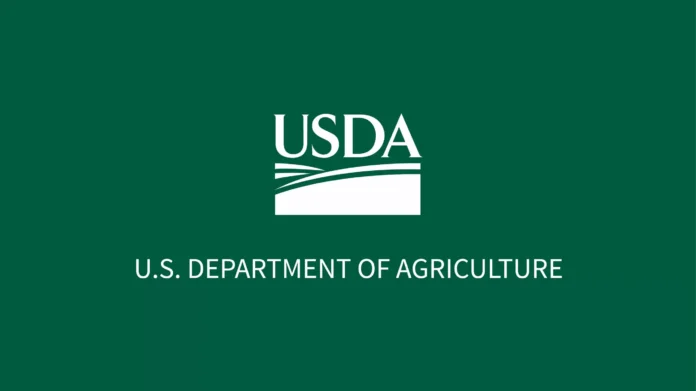As we approach the first anniversary of President Biden’s Executive Order on Further Advancing Racial Equity and Support to Underserved Communities Through the Federal Government, a new development has been announced that will continue to push us towards a more equitable and fair society. On February 14th, 2024, Agriculture Secretary Tom Vilsack revealed the release of the U.S. Department of Agriculture’s (USDA) Updated Equity Action Plan.
This plan, which builds upon the initial Executive Order, aims to address and rectify the historic and systemic inequities that have plagued our society for far too long. It acknowledges the role that the USDA has played in perpetuating these inequalities and commits to implementing measures to promote fairness and equity across all its programs and initiatives.
One of the key areas of focus in the Updated Equity Action Plan is increasing access to resources and opportunities for underserved communities. This includes providing support and assistance to farmers of color, who have faced significant barriers in accessing loans, grants, and other forms of assistance from the USDA. The plan also outlines strategies to promote diversity and inclusion within the USDA workforce, ensuring that it reflects the diversity of the communities it serves.
Furthermore, the plan aims to strengthen partnerships with organizations and institutions that are working towards racial equity and justice. By collaborating with these groups, the USDA can better understand the needs and challenges of underserved communities and develop targeted solutions to address them.
Secretary Vilsack emphasized the importance of this plan, stating, “We cannot achieve true equity without actively and intentionally addressing the systemic barriers that have contributed to disparities in our society. This Updated Equity Action Plan is a critical step towards creating a more just and equitable future for all Americans.”
The Updated Equity Action Plan also includes a commitment to collecting and analyzing data related to equity and diversity in all USDA programs. This data will help identify where disparities exist and inform decision-making to ensure that resources are distributed fairly and effectively.
The plan also addresses the issue of environmental justice, recognizing that communities of color and low-income communities have disproportionately borne the burden of environmental degradation and climate change. The USDA pledges to prioritize these communities in its efforts to combat climate change and promote sustainable practices.
In addition, the Updated Equity Action Plan includes measures to promote equity and inclusion in rural communities, which have often been overlooked and neglected in discussions about equity. This includes providing resources and support to small and minority-owned businesses in rural areas and investing in infrastructure and economic development projects that will benefit these communities.
The release of the Updated Equity Action Plan sends a clear message that the USDA is committed to promoting equity and justice throughout all its programs and initiatives. It is a critical step towards dismantling the systemic barriers that have hindered the progress of underserved communities.
The plan has been met with widespread support from advocacy groups and community leaders who have been tirelessly fighting for racial equity and justice. “This is a significant and necessary step towards creating a more equitable society,” said a spokesperson for the NAACP. “We applaud the USDA for taking concrete action to address the inequalities that have plagued our communities for far too long.”
As we look towards the future, it is inspiring to see the government taking meaningful steps towards creating a more just and equitable society. The USDA’s Updated Equity Action Plan is just one piece of the puzzle, but it is a crucial one that will have a far-reaching and positive impact on the lives of millions of Americans.
In conclusion, the release of the Updated Equity Action Plan by the USDA is a significant and encouraging development in our journey towards a more fair and equitable society. It shows that the government is committed to addressing the systemic barriers that have contributed to disparities in our society and is taking concrete steps to promote justice and equality for all. Let us continue to work together to build a better, more equitable future for ourselves and future generations.

